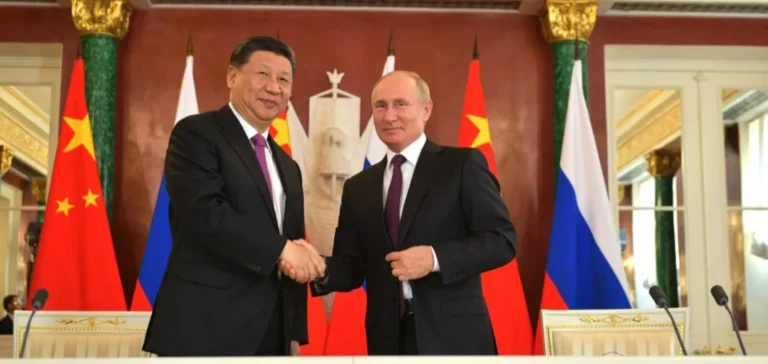China could become the main Asian gasoline supplier to Russia if the latter removes its import duties, according to analysts and regional traders. This move would increase pressure on regional gasoline supply, while other Asian suppliers, particularly Singapore and South Korea, remain distant due to sanctions-related risks.
According to recommendations issued by Russian Deputy Prime Minister Alexander Novak, Moscow is considering removing the 5% import duty on gasoline from China, Singapore and South Korea, and allowing the use of cheaper octane-boosting additives to address a growing fuel shortage. Domestic market tensions are being driven by low stocks among independent distributors and Ukrainian drone attacks on Russian refineries.
Logistics focused on the Far East
Deliveries would likely be routed to Russia’s Far East to avoid attacks on maritime infrastructure in the Black Sea. Transport to western Russia by rail remains expensive, limiting export margins, especially in a context where domestic gasoline prices remain low.
A Beijing-based expert noted that Chinese companies would be best positioned to overcome payment barriers, thanks to existing bilateral trade ties and the availability of local banking institutions capable of processing such transactions by bypassing Western financial systems.
Restrictive economic dynamics
China has not exported gasoline to Russia in over a decade, due to Russia’s historical self-sufficiency in refined oil products. However, according to Chinese customs data, the value of exports to Russia reached $64.77bn in the first eight months of 2025, down 9.7% compared to the same period in 2024 amid increased sanctions.
Singapore and South Korea remain on the sidelines, with financial institutions in both countries refusing to process payments to Russia due to legal and regulatory risks. A Singapore-based trader said that even with comprehensive compliance documentation, banks are reluctant to accept Russian funds for fear of being listed under sanctions.
Expected impact on the Asian market
Analysts at Energy Aspects estimate that increased gasoline flows between Asia and Russia would support East of Suez refining margins and could widen the East-West spread by strengthening demand in East Africa and the Middle East for Atlantic Basin cargoes.
China’s ability to meet this demand remains limited by its quota system for clean fuel exports. For 2025, authorised volumes stand at around 40.77mn tonnes, with no increase expected, according to market participants. Chinese gasoline exports were estimated at around 600,000 tonnes in September, with a similar volume projected for October.
According to Alexander Novak, if import duties are lifted, Russia could receive up to 350,000 tonnes of additional gasoline and 100,000 tonnes of diesel per month. The 92 RON FOB Singapore-Dubai crack averaged $9/b in September, up from $8.17/b in August.






















